|
Thank you everyone for participating! You all made us very happy with your entries. We have selected the following winners. You can congratulate them here.
Comments
Have you ever wanted to start to practice on the organ but found yourself sidetracked after a few days? Apparently your inner motivation wasn't enough.
I know how you feel. I also was stuck many times. What helped me was to find some external motivation as well. In order for you to advance your organ playing skills and help you motivate to practice, my wife Ausra - @laputis and I invite you to join in a contest to submit your organ music and win some Steem. Are you an experienced organist? You can participate easily. Are you a beginner? No problem. This contest is open to every organ music loving Steemian. Here are the rules
Welcome to episode 508 of Secrets of Organ Playing Podcast!
Today's guest is an American organist, carillonneur, improviser and composer Dr. Pamela Ruiter-Feenstra from Ann Arbor, MI. She was a guest on the podcast several times before and in episode 3 she talked about improvisation in the Bach style. In episode 15 she was back on the show and shared her perspectives about creativity and musing with children, and in episode 120 she talked about her Bach style improvisation treatise. Most recently I met her a year ago in Poland, at the Paslek International Organ Music Festival where she performed a splendid recital on the 1719 Hildebrandt organ and gave a lecture about Bach and improvisation for listeners who came to the event. It was amazing for me to reconnect with her, and this event was a pinnacle of the fall of 2018 for me. Today she will be sharing her insights about improvisation as the key of playing any instrument, carillon playing and composing as well as lifting up marginalized voices by music. Listen to the conversation You can listen bellow to carillon audio recording of her composition "Our Time: Me Too" and a video of her playing the Yale carillon with my Belonging: A Carillon Call to Care for All. Find out more about Dr. Pamela Ruiter-Feenstra and her work by visiting her website at https://www.pamelaruiterfeenstra.com Sometime last week I noticed the advertisement on Facebook of a project where Wolfram Kampffmeyer from Germany is building modular paper organ. I was intrigued, shared the link and clicked through to see what's going on. This was a project on Kickstarter but it hasn't launched yet, all I could do was to subscribe to receive an update when the project goes live. So I did.
Apparently I wasn't alone, because my friend James Flores from Australia notified today that Paper Organ project went life and is available for backing. I want to see this project succeed so I pledged 97 USD in case the required sum is raised. If the campaign on Kickstarter is successful, sometime in early 2020 I should receive a package of the kit to assemble my own paper organ - complete with pipes, mechanics, glue, tools and even a big balloon to function as bellows. If this works out well, I intend to use it in organ demonstration as a supplemental hands-on material for kids as well as for adults. For example, I played an organ demonstration today at my church for a group of teachers and thought to myself, "Wouldn't it be nice to have a little one octave pipe organ to demonstrate the intricate mechanics of this gigantic instrument?" I hope you will check out this Paper Organ project here: https://www.kickstarter.com/projects/designatplay/worlds-first-modular-paper-organ?ref=thanks-copy Last time I looked, it had raised over $800 so far in one day. 34 days more to go to raise over $14k. I have even invited the creator Wolfram Kampffmeyer to be my guest on the podcast talking about the project. Let's see if he agrees. Stay tuned... Would you like to learn Priere in E Minor from L'Organiste by Cesar Franck? I hope you'll enjoy playing this piece yourself from my PDF score. Thanks to Alan Peterson for his meticulous transcription from the slow motion video. What will you get? PDF score with complete fingering written in which will save you many hours of work. Basic Level. 1 page. Let me know how your practice goes. This score is free for Total Organist students. Check it out here This morning I was in my church when one artist from the Art Academy showed up together with the sound engineer. They wanted to record some special organ effects for our experimental project "Living Organ". They needed complete silence so we had to wait a while and even ask for custodians not to work for a while. At first we recorded the two pipes that comprise the Timpani stop and its vibrations. Then I played a couple of chords and then turned off the blower and kept holding the chord. They wanted to record the disappearance of organ sound. When they left I recorded this effect on my own on C Major chord. Enjoy! Yesterday evening, I was able to watch the program on Lithuanian national TV "Stories of Things", and from 35 minute mark the show was about the pipe organ.
On the screen you will see Professor Leopoldas Digrys and Renata Marcinkutė, organ restorer Rimantas Gucas and you can listen to pipe organs of Vilnius St Casimir's and VU St John's churches. At the end I was able to get on screen as well with @laputis when we practiced our organ duet. Our assistants were Audra Telksnytė and Eglė Rudokaitė. https://www.lrt.lt/mediateka/irasas/2000081012/instrumentas-orkestras-kodel-vargonams-reikia-veidrodzio?jwsource=cl
Vidas: Hi guys! This is Vidas.
Ausra: And Ausra. V: Let’s start episode 506 of Secrets of Organ Playing Podcast. This question was sent by Brendan. And he donated us £10 and we were so surprised when we received his Paypal donation. And I wrote a thank you message to him, and then asked him about his organ playing, too. So he writes, Hi Vidas, Just thought I'd be able to buy you a coffee! You guys put in so much work! My playing is improving - which is good news - but slowly. While I was working regularly, it was hard to practice as I worked away from home. Now that I'm approaching retirement I've space to practice daily. I'm going back through your sight reading material - which is very useful. I've even been able to cover in church services while our regular organist took a couple of short breaks. Might not seem much - but a huge milestone for me! Enjoy the coffee. Best wishes to you both. ~Brendan A: Very nice. We are very grateful. So now, we can go and get some coffee. V: And then work in the garden. A: True. V: Wonderful. You know what fascinated me the most, that he was able to substitute regular church organist for a couple of times. A: It means he is doing progress! V: Yes. It means that he is not panicking when mistakes occur, he can keep going. Not to freeze, doesn’t freeze. A: And it’s nice, because if you can substitute for somebody it means that in time you can take a regular position as a church organist. V: Yeah, for example part time position. Even when you are retired. I know many people do that, and it’s a good supplement. A: True. It goes both ways. You can learn some, you can earn some additional income which is always nice, and you can also have some things to do, which slows down you getting old. V: Yeah, you postpone your aging process by having more interest in the world, and more specifically, in organ music. And this external motivation when you have to show up on the organ bench at church every week or even less often gives you boost in productivity and practice efficiency, because you know many people depend on you. A: Plus, being able to play organ shows that you are also keeping some sort of physical health, because you cannot be completely cripple and still play organ. You still need to sit down on the organ bench, and play pedal, and use both your hands and feet together. V: Yeah, it’s a total body and mind coordination. Good. Do you think, Ausra, it’s a challenge at this age, when he’s approaching retirement, to do this? Because, when he had to work, and he didn’t have time to practice, it was one thing, but now when he has more time to practice, maybe he has even other interests, maybe his other hobbies might take more time than organ playing. A: That’s true. But usually it’s the case that the more you do, the more you can do, and when you do just very few things then you might stop doing anything at all. Because usually busy people do enormous amounts of various things. Don’t you think so? V: Yeah, but they lack sleep. A: I know. But sometimes, when you are thinking, “Oh, I have a free day - I will do this and this and this and that” and finally the day comes, and you do nothing. Have you experienced it? V: Not recently, because I’m always running around like a squirrel with all those activities that I have to do. For some people, my activities might seem very unworthy of attention, right? A: That’s what I thought when you said it. V: (laughs) And that’s why I replied before you commented. I know how you think. A: I know, yes! V: We know each other too well. A: That’s right. V: So anyway, thank you so much, Brendan, for sending us some coffee money, and we really appreciate your support. You’re very generous. And to other people who are supporting us, we really are very grateful Please send us more of your questions. We love helping you grow. And remember, when you practice, A: Miracles happen.
Vidas: Hi, guys, this is Vidas.
Ausra: And Ausra V: Let’s start episode 505, of Secrets of Organ Playing Podcast. This question was sent by Diana. And she writes: I’ve been struggling with fingering the most this week. I didn't have piano lessons, so I don't know when I can cross fingers, how to change positions. V: Do you know Diana, Ausra, from our organ studio? A: Yes, of course I know her. V: Unda Maris. A: Yes. V: And she is very active on Steam, submitting her videos to our Secrets Of Organ Playing Contest, and actually she also everyday shares her organ playing experiences. Basically she is starting to adopt this sharing mentality. And she only started playing the organ last year. But she has some experience with playing violin, but no piano lessons. How can [a] person like this learn fingering? A: Well I would suggest that she would play organ compositions from finger score. That way she could save time and be learning from right fingering. V: Mmm-hmm. A: Because it might be too hard for her to do her own fingering yet. Basically when you practice piano, the best notion of right fingering gives to playing scales, chords and arpeggios. V: And I suggested [to] her to basically look at the examples from more experienced organists. So I assigned her to the fingering and pedaling team so that she could transcribe fingering and pedaling for us while looking at my videos recorded above the keyboards. My hands are visible, sometimes even feet, and she can study my own fingering while I’m playing, and transcribe, and get access to Total Organist this way. A: I think that’s a good way of learning, too, when you see master player playing. V: Mmm-hmm. She has already produced, I think, two or three short trios by Lemmens, fingering and pedaling from these videos. And I hope this will be useful to her. A: Excellent. V: So, guys, if you are struggling like Diana with fingering and you don’t have an experience with piano playing scales, arpeggios and chords, you need to study how more experienced organists do, from up close. Obviously you can find some videos on Youtube where other organists are performing and recording from above so that hands are clearly visible. But they are not necessarily practicing. They might play fast, and I strategically sight-read course very slowly so that people can learn. A: Excellent. But I think that she still needs to play skills on the piano because she talks that she doesn’t know when to cross fingers. V: Uh-huh. A: And I think skills really teach you how to do it. Especially when you have to put your thumb under. V: Yeah, it’s just a simple system but you need to learn it. Once you learn it you can apply it to many, many organ pieces. A: That’s right. V: Thank you guys. This was Vidas. A: And Ausra. V: Please send us more of your questions. We love helping you grow. And remember, when you practice… A: Miracles happen!
Vidas: Hi guys, this is Vidas!
Ausra: And Ausra! V: Let’s start episode 495 of Secrets of Organ Playing Podcast. This question was sent by Andrés, and I asked him how his organ playing is going these days, and he writes: “Well... unfortunately the organ music is almost dead here in Costa Rica, learning organ playing here is almost impossible. Fortunately I have access to a pipe organ and I give the maintenance but I don't have a teacher who can guide me in organ playing." V: So, Ausra, I think this feedback applies to a lot of people around the world who live in countries where there is not much interest in organ music. A: True! And in general, some how, when I read the name Costa Rica, other things came into my mind. Maybe I’ll tell this funny story, V: Sure A: Because my school of art is desperate for all kinds of foreign relations, and one of the piano teachers has an old Russian friend in Costa Rica who teaches piano there. So she made all this big international relationship with Costa Rica, established it, and she’s so pompous and so proud about it, but it makes me sort of smile all the time, because I don’t think Costa Rica has an old classical music tradition. So, maybe if you would establish relationships with such a country such as an Austria, or Germany, or France, maybe that way you could be so proud and pompous about it. V: Yeah A: Of course, for money, you can get good teachers there as well, but still, I don’t think it’s a country that dictates a fashion of classical music, and of organ music, too. V: Plus it’s a personal relationship. A: Yes, it is. V: Person to person. Exactly. I was thinking about this when Andrés writes that he has a pipe organ. This is a privilege, right? A: Yes, it is, and I think that he is lucky to be living nowadays when there is this great Internet connection with the global world. So, I don’t think it’s a problem getting information nowadays, and studying online. V: He has access to a pipe organ. It’s not the same as owning a pipe organ, of course, but still, if he can use it, it’s very convenient. A: Yes, it is actually! V: And, he mentions pipe organ, not electronic organ, so, it’s a double privilege in my mind. A: True. V: And, as you say, Internet can be a great help. Information is abundant today, and with our Website, with our courses and training programs that we offer through the Total Organist, for example, it’s really possible to advance in your organ playing using nothing else; only online material. A: Yes, and of course, you have other advantages in Costa Rica. I think the country in itself must be very beautiful. V: And it’s relatively well developed! A: Yes, because our principal and some other ….. of the staff from administration went to Costa Rica, pretending also on these deep scientific relations. V: Part of the project. A: Yes, part of the project. So… V: And probably, they had a good time. A: I guess so, yes! Enjoying the nice nature of Costa Rica, the friendly people… V: Yeah, all of us should go there if it’s so nice. A: Yes, maybe you could give some master classes on that pipe organ. V: Yes. A: that Andrés is mentioning. V: Well guys, I think you get the point, that today, of the Internet age, sometimes we even have 5G Internet in some countries already, but in other countries, 5G will come quite soon. So, if you have a lesser quality Internet, not as fast, it’s still fast—much faster than it was in the 19th century, for example. A: True. V: You guys can laugh, but if we think about it, we all have, even the poorest people today, have more resources than the king of France had back in the 18th century. A: I think you are right, actually! V: King of France! Yes. So, if you are reading this or listening to this podcast, you have more resources than the King of France back in the day. A: Yes! I think the trouble is that sometimes people don’t know what to do with these technologies, and they just use them for nonsensical things. V: Yes, cat videos! A: Well… Sometimes maybe you… V: We need them, too… we need to smile sometimes, and laugh. Alright guys, please send us more of your questions; we love helping you grow. And remember, when you practice, A: Miracles happen |
DON'T MISS A THING! FREE UPDATES BY EMAIL.Thank you!You have successfully joined our subscriber list.  Photo by Edgaras Kurauskas Photo by Edgaras Kurauskas
Authors
Drs. Vidas Pinkevicius and Ausra Motuzaite-Pinkeviciene Organists of Vilnius University , creators of Secrets of Organ Playing. Our Hauptwerk Setup:
Categories
All
Archives
May 2024
|
This site participates in the Amazon, Thomann and other affiliate programs, the proceeds of which keep it free for anyone to read.
Copyright © 2011-2024 by Vidas Pinkevicius and Ausra Motuzaite-Pinkeviciene.
Terms of Service and Privacy Policy
Copyright © 2011-2024 by Vidas Pinkevicius and Ausra Motuzaite-Pinkeviciene.
Terms of Service and Privacy Policy

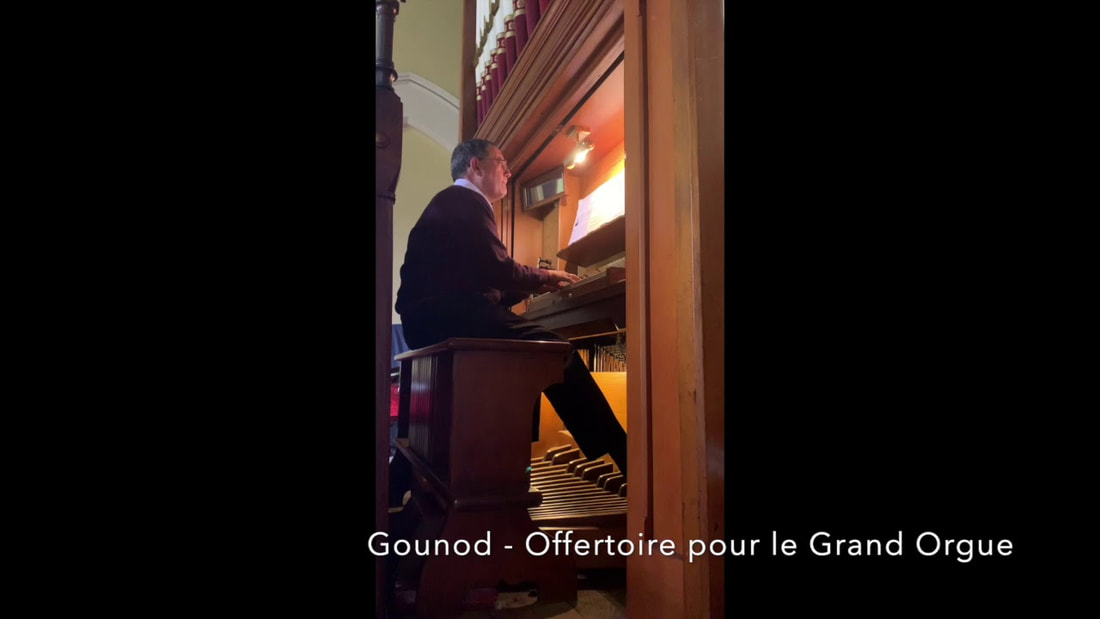
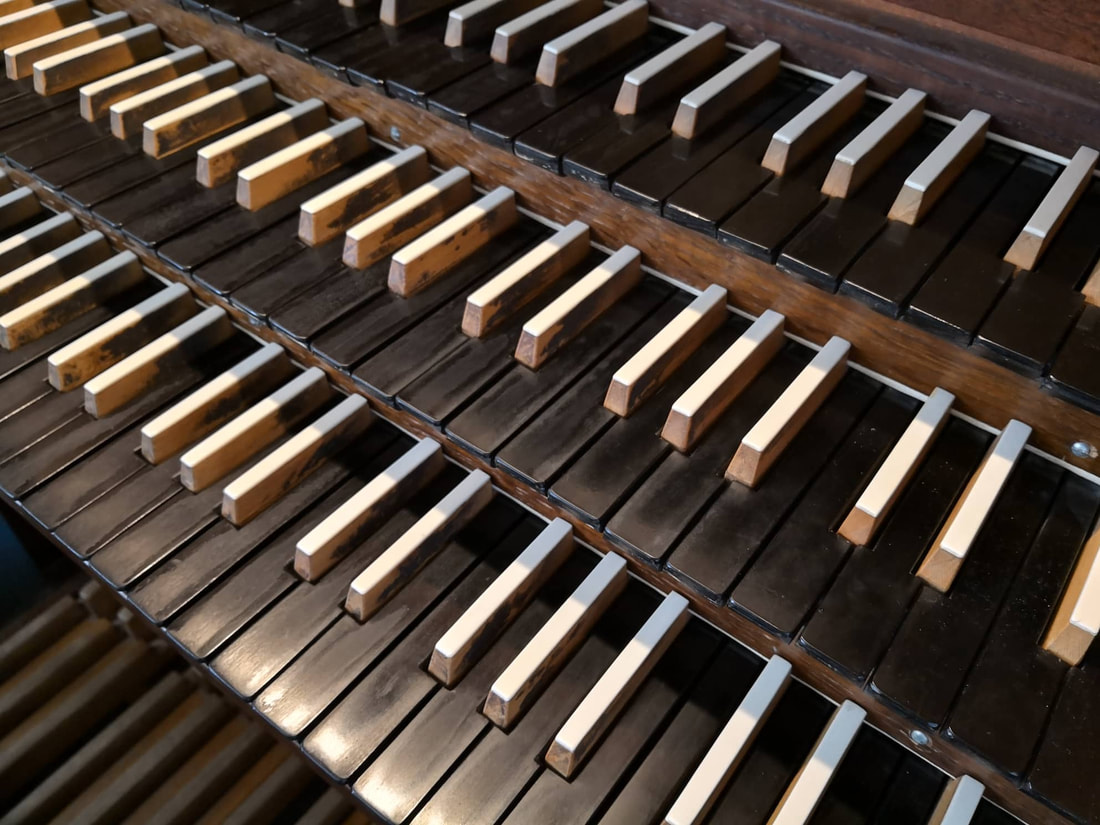
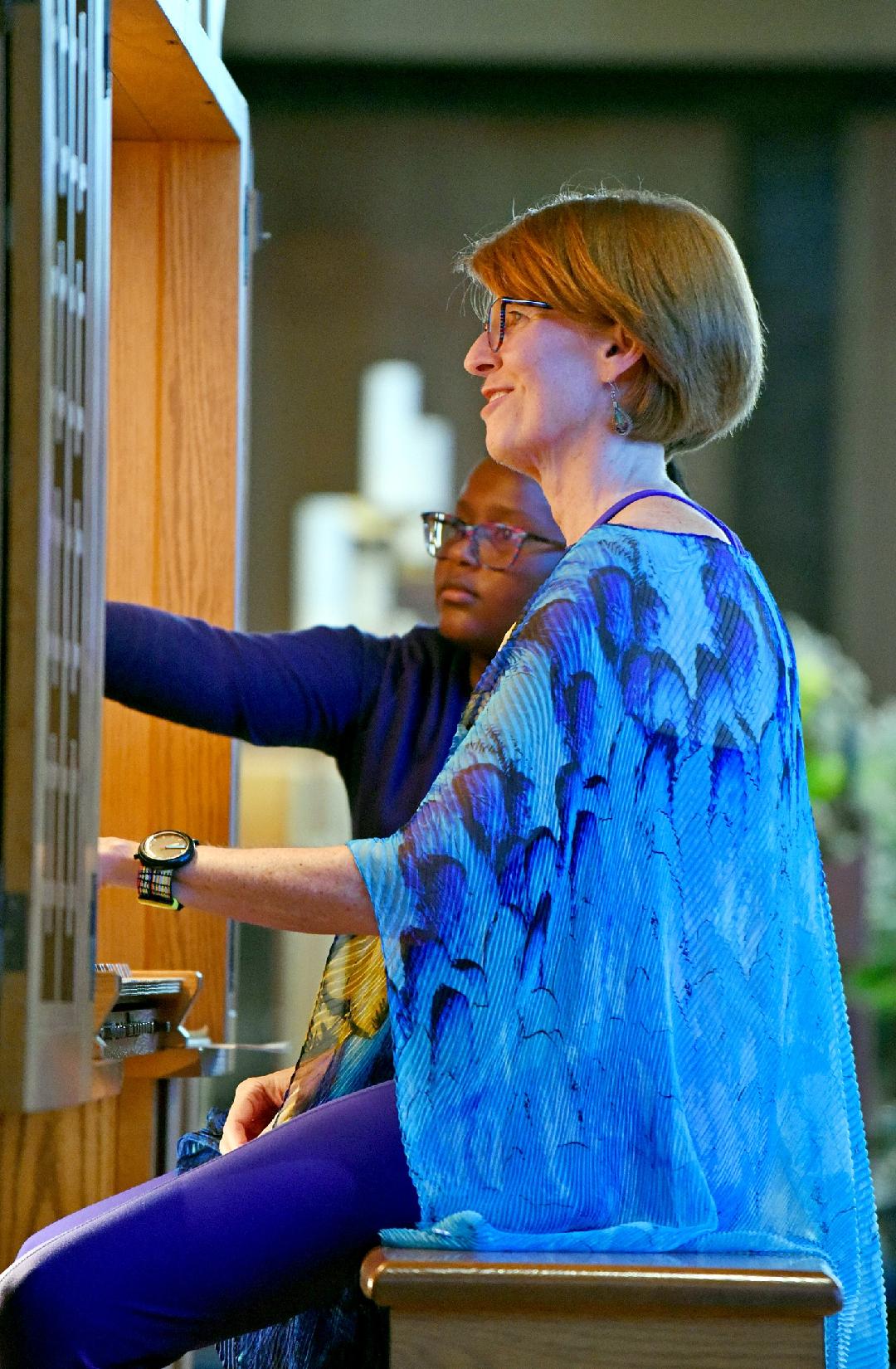

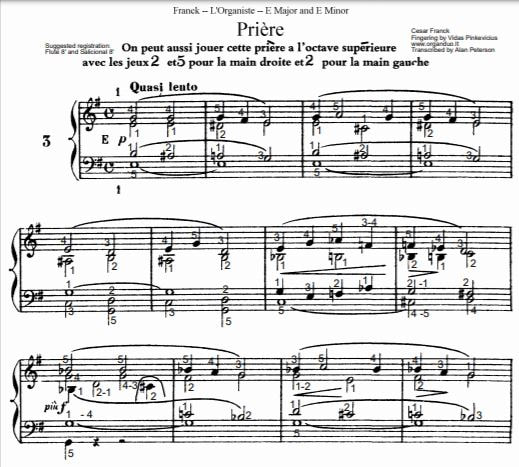
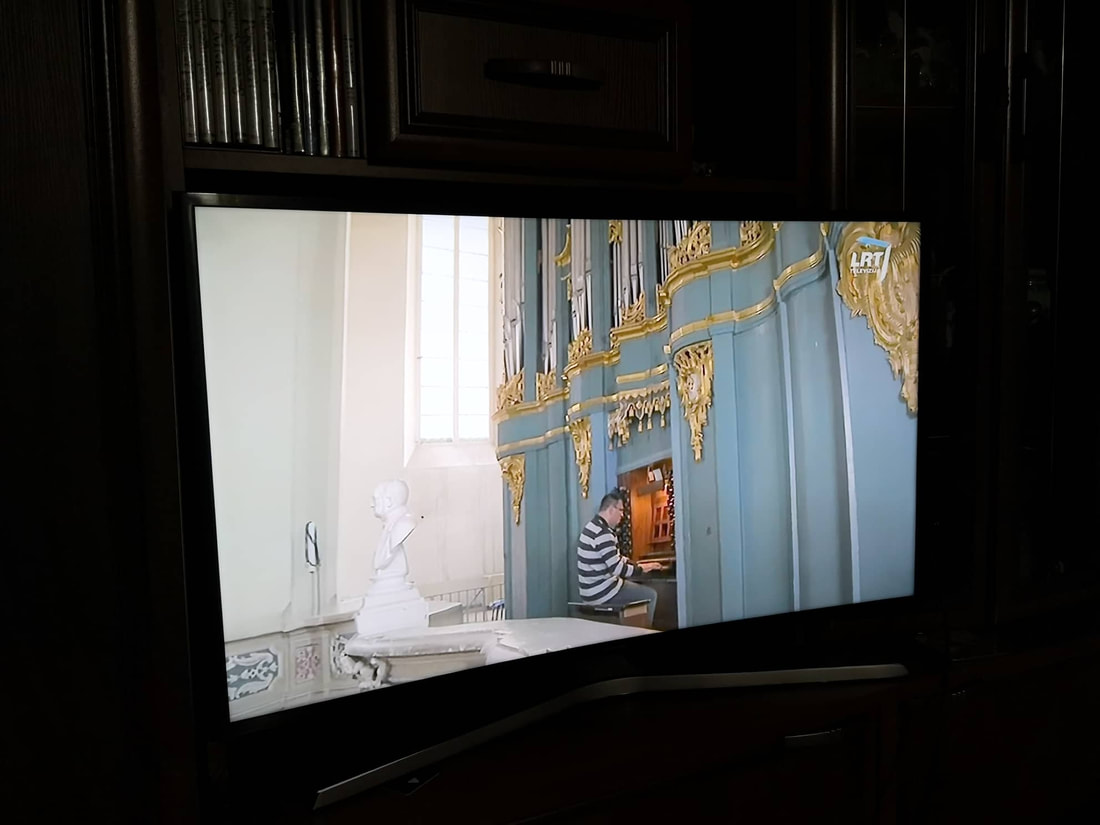
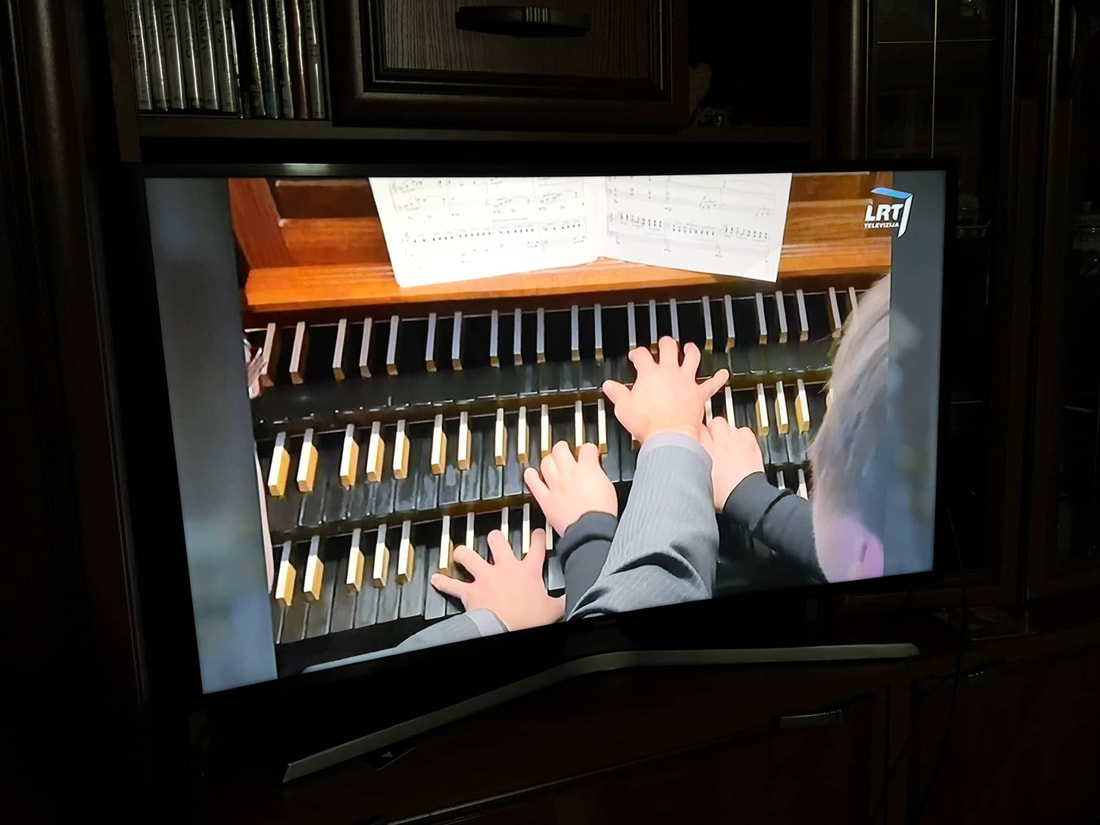
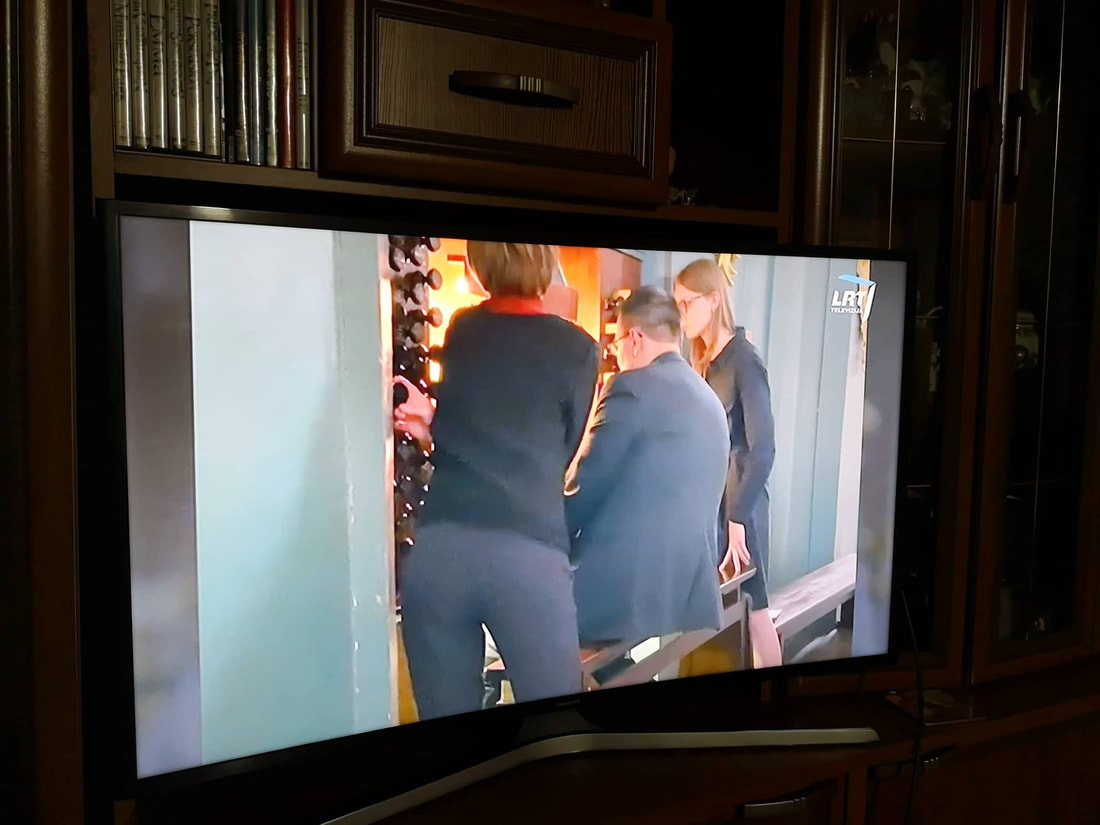
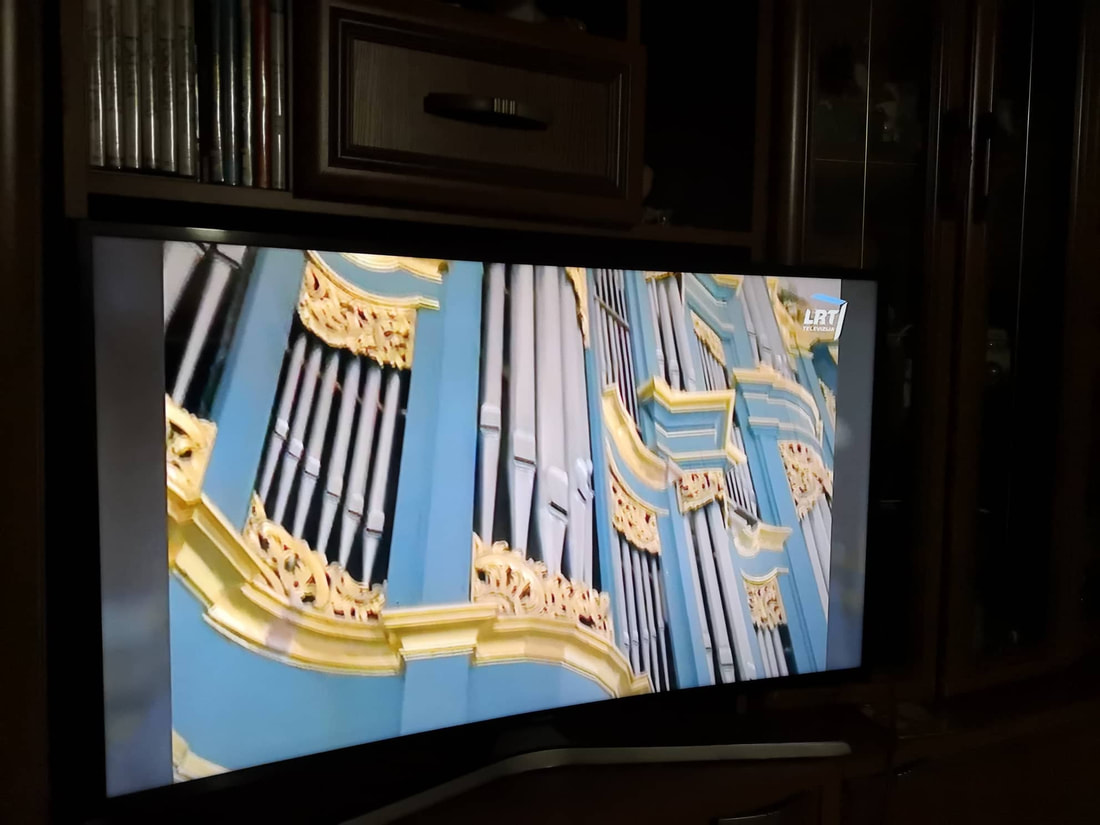



 RSS Feed
RSS Feed